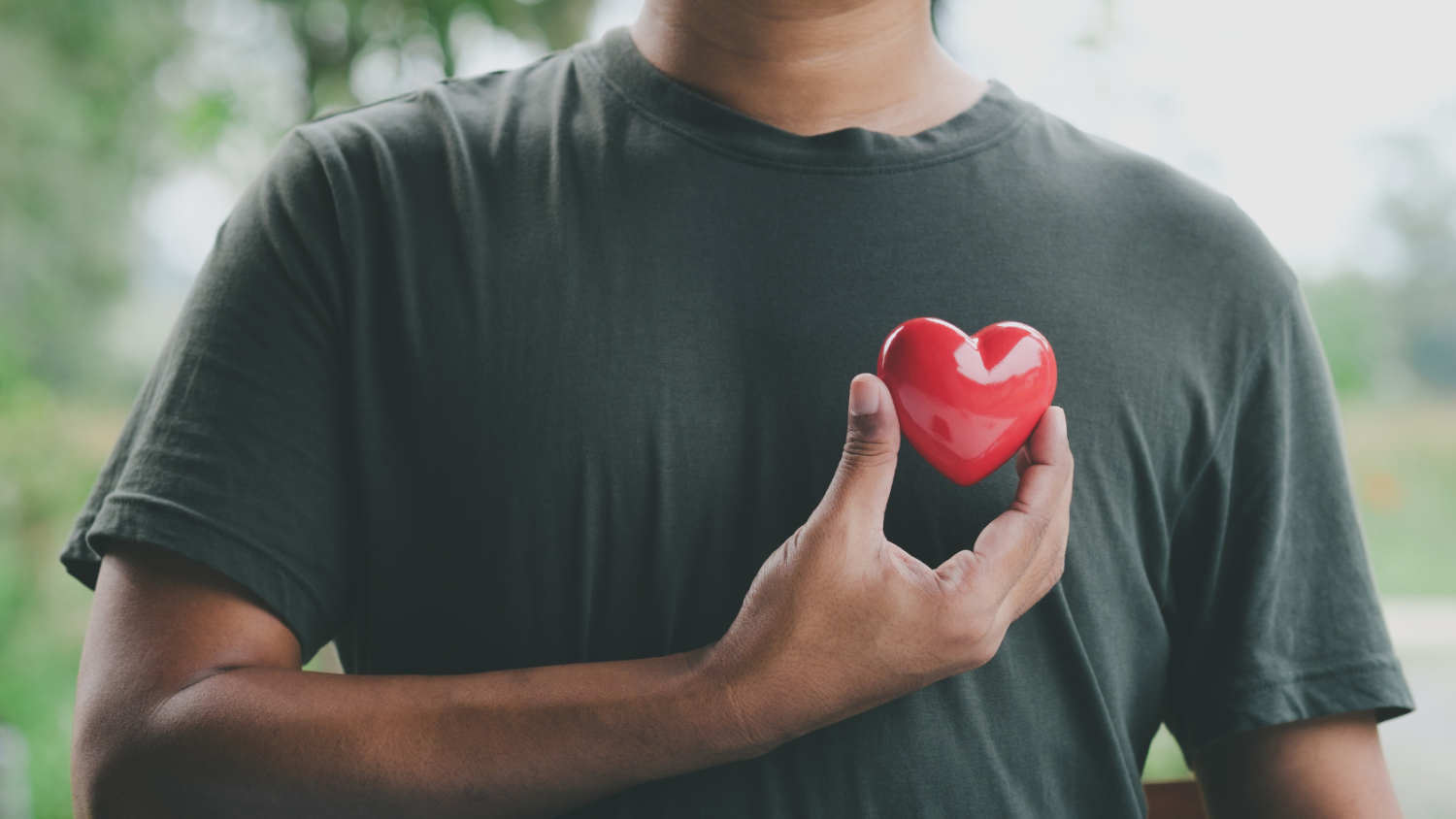Contributed by Nicholas E. Blonien, D.O.
February is American Hearth Month – a time when people are encouraged to focus on their cardiovascular health.
While we can celebrate continued advancements in cardiovascular disease (CVD) care and research, this largely preventable disease remains the leading cause of on-duty deaths in the fire service. A recent national study showed that in 2022, 49 of the 96 on-duty fatalities among U.S. firefighters were due to overexertion. Of these, 73% were confirmed due to heart attack or stroke.
What is CVD?
CVD is a disorder of the body’s circulatory system, which includes the heart and blood vessels. CVD encompasses numerous conditions, many of which are related to atherosclerosis. Atherosclerosis is characterized by abnormally stiff and plaque-burdened blood vessels. Primary factors contributing to the development of atherosclerosis and CVD include smoking, high blood pressure, high cholesterol, metabolic disease and physical inactivity.
These conditions ultimately create an environment of increased stress and inflammation within the blood vessels, leading to vessel wall injury, plaque accumulation and increased risk of blockage or rupture. This blockage and narrowing of blood vessels supplying the heart is called coronary artery disease (CAD). When blockage becomes complete, the heart muscle blood supply is cut off, resulting in a heart attack.
CVD and Firefighters
Firefighters are at increased risk for CVD. Routine sleep interruption, suboptimal nutrition, physical inactivity, hazardous exposures and psychosocial stress all lead to chronic physiologic disruption that sets the stage for the development of CVD. Then, when stressed acutely during calls that require intense physical exertion and trigger sympathetic nervous system activation – the fight-or-flight response – the cardiovascular system is pushed to the limit. If baseline CVD is present, there is an increased risk of a sudden cardiac event.
Contributing Factors
Sleep: Over 50% of firefighters report poor sleep quality, and firefighters screening positive for a sleep disorder may have significantly higher odds of developing CVD.
Nutrition: The standard American diet, which includes foods high in calories, saturated fats, sugar and sodium, is common among U.S. firefighters. The eating pattern has been clearly correlated to higher levels of inflammation and higher cholesterol, both risk factors for CVD. Recent research has indicated that firefighters who instead adhered to the Mediterranean diet – high in fruits, vegetables, whole grains, nuts, seeds and beans – had more favorable cholesterol profiles.
Exercise: A large percentage of firefighters do not meet the American Heart Association’s recommendations for weekly exercise. Lower levels of cardiorespiratory fitness due to insufficient exercise is strongly correlated with increased CVD risk. A 2023 research review confirmed this correlation in firefighters.
Stress: High psychosocial stress has been correlated with CVD, and firefighters experience a lot of it with dangerous situations, pressure to perform and exposure to traumatic experiences.
Other factors: Environmental exposure to hazardous chemicals and particulate matter can increase risk for adverse cardiac events. Recreational exposure to smoking and alcohol also increases CVD risk.
Making Change
We know that 80 to 90% of CVD is preventable. With change at both the organizational and individual level, we can reduce risk of CVD for all firefighters whether they are full-time, part-time or volunteer.
Fire service leaders can promote departmental adherence to NFPA 1582 and 1583, ensuring that minimum fitness standards are maintained and routine assessment of individual CVD risk in firefighters is performed. Increased funding may allow for improved manpower, salary increases (if applicable), heightened health surveillance and more health-protective equipment and facilities.
Each of these changes could have a significant impact on CVD risk in the fire service.
Independent of funding, firehouse leaders can promote a culture that values advancing health and wellness, as cultural shift is a necessary component of achieving lasting health behavior change. Looking for a great place to start? Register your department for a cardiac deep-dive training through MnFIRE this month. Departments with supportive cultures and education/coaching programs have been most successful with reducing CVD risk.
Firefighters may also target key pillars of Lifestyle Medicine to guide their individual approach to CVD risk reduction. This may include partnering with fellow firefighters to adopt more sleep-protective behaviors in the firehouse and at home, adhering to a whole food, plant-predominant diet, engaging in the recommended amount of aerobic exercise weekly, eliminating tobacco use and minimizing alcohol consumption, and openly discussing stressors of the job to support one another and connect.
Firefighters have a unique bond that can be incredibly supportive of health behavioral improvement. With lifestyle modification, cultural change and organizational level support, fire departments can reduce CVD risk and save firefighters from early cardiovascular death.








